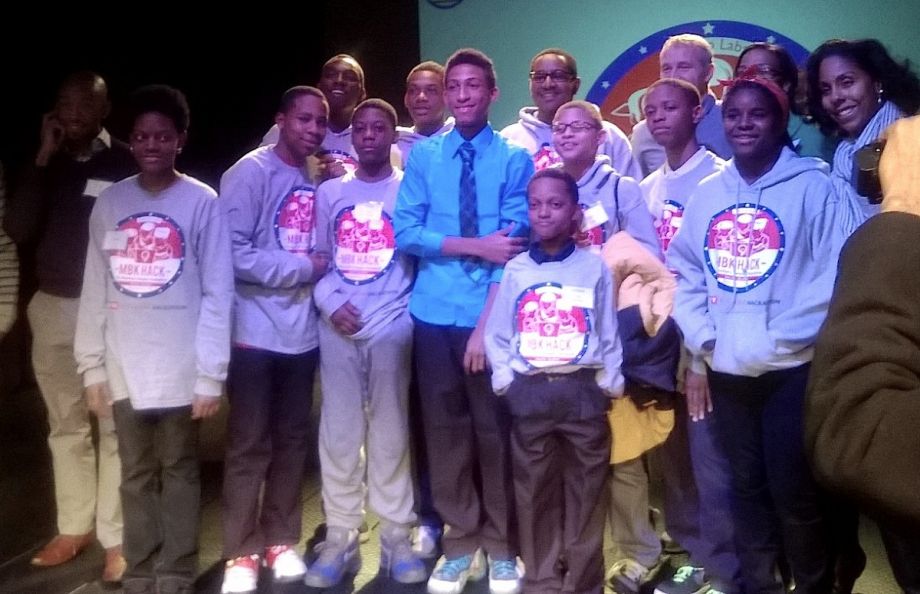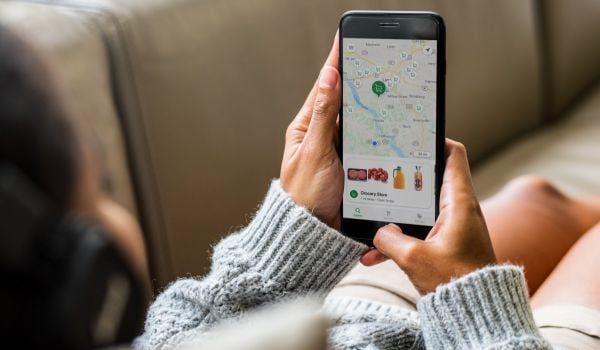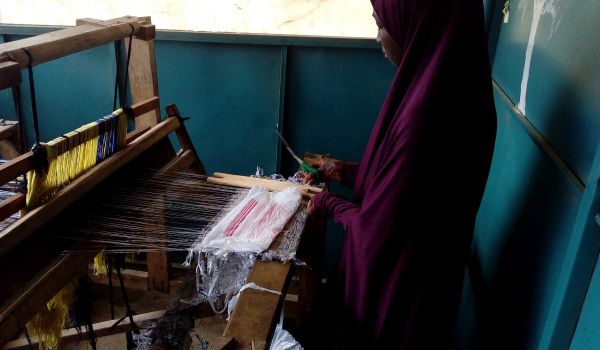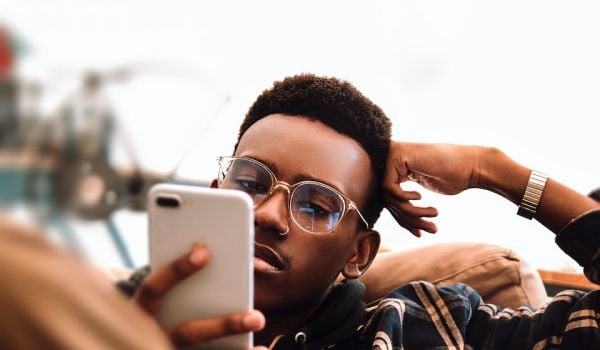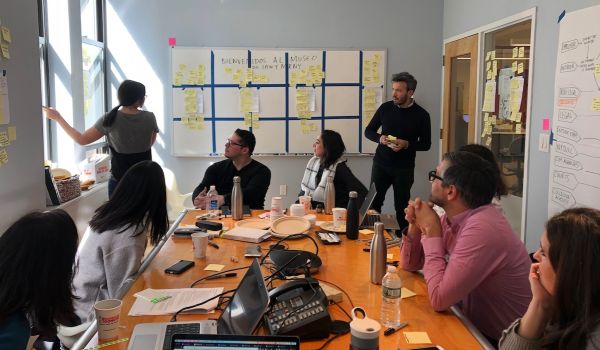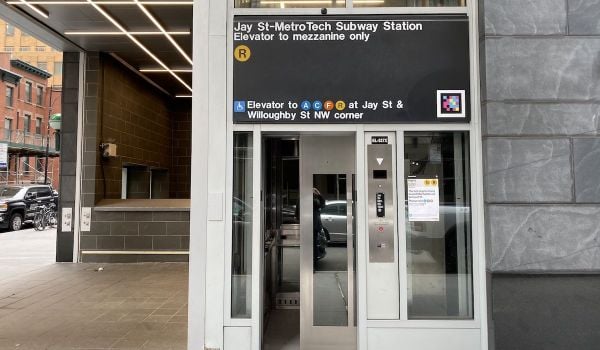Over the course of three days last weekend, 10 teams of young people — predominately African-American high-schoolers, mostly Philadelphians — dreamed up, coded and designed apps that seek to radically solve some of the economic and social barriers to success experienced by minority youth across the country.
Held in Philadelphia, the My Brother’s Keeper Hackathon was the third in a series of hackathons that have been organized by Qeyno Labs, and the first the group has put on in collaboration with Yes We Code. Both organizations seek to chip away at racial disparities in technology fields. (As part of his My Brother’s Keeper initiative, President Obama recently asked communities to accept the challenge to “implement a coherent cradle-to-college-and-career strategy for improving the life outcomes of all young people.”)
Many of the hackathon’s participants stood on the stage for their very first public speaking engagements during Sunday’s presentations. Tech experts — Google’s Omoju Miller was there — judged the teams on business model, potential impact, design, presentation and technical sophistication. Despite nerves and some technical difficulties, the teams presented completely novel and highly marketable startup ideas that exposed the blind spots of industry insiders.
Heads Up team members billed their app as the “anti-brochure” for the college application process. Cutting out all of the propaganda that colleges and universities spout about “diversity” and “inclusion,” Heads Up compiles testimonials from current college students and news sources to present a realistic picture of how different schools contribute to (or detract from) the happiness and success of students of color.
Within the app, each school gets rated in categories like “stackability,” or the financial success of graduates, and “groomability,” the likelihood of getting a good fade or touch-up near campus. The language and design choices used by all of the groups had the charisma and youthful touch that marketers pay big money to imitate. The students seemed undaunted by the pressures of a fast-paced hackathon, as well as oblivious — in a good way — to the statistics that reveal a disturbing lack of diversity in tech fields.
“One of the things that we do with the youth that we serve is that we address them as high-opportunity youth in low-opportunity settings,” says Qeyno founder Kalimah Priforce. “And it just so happens that cities outside of Silicon Valley are low opportunity when it comes to STEM career pathways.”
The first-place winner of the weekend, and the team that most pointedly addressed the challenges of cities, was C.Y.C.: Change Your Community. The C.Y.C. app allows users to take photos of blighted buildings and nominate them for potential re-use projects. With more citizen engagement opportunities than Detroit’s “blexting” app, C.Y.C. offers users a way to build a fundraising campaign around a re-use idea. The app’s brilliant twist: Suggestions are weighted by the physical distance between the user and the project, so community members have a stronger say in revitalization efforts than outsiders.
While My Brother’s Keeper is aimed at addressing the problems of black male youth, the hackathon was intentionally inclusive of young women and trans youth. During the presentation for Game School, a program that teaches coding through gameplay, a young woman proudly announced that she was a gamer and described how the team tailored the coding games to both boys and girls.
Before the presentations began on Sunday, Van Jones of Yes We Code prepped the audience by saying, “When these brilliant, genius young people come up here, we in the audience should act as if we’ve just spent a million dollars on the top consultants on planet Earth to come up here to tell us how to solve these problems. And I don’t mean a million foundation dollars, I mean your own money.”
That would be a smart bet.
The Equity Factor is made possible with the support of the Surdna Foundation.
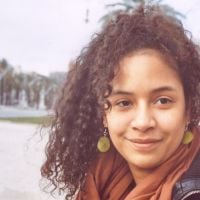
Alexis Stephens was Next City’s 2014-2015 equitable cities fellow. She’s written about housing, pop culture, global music subcultures, and more for publications like Shelterforce, Rolling Stone, SPIN, and MTV Iggy. She has a B.A. in urban studies from Barnard College and an M.S. in historic preservation from the University of Pennsylvania.


